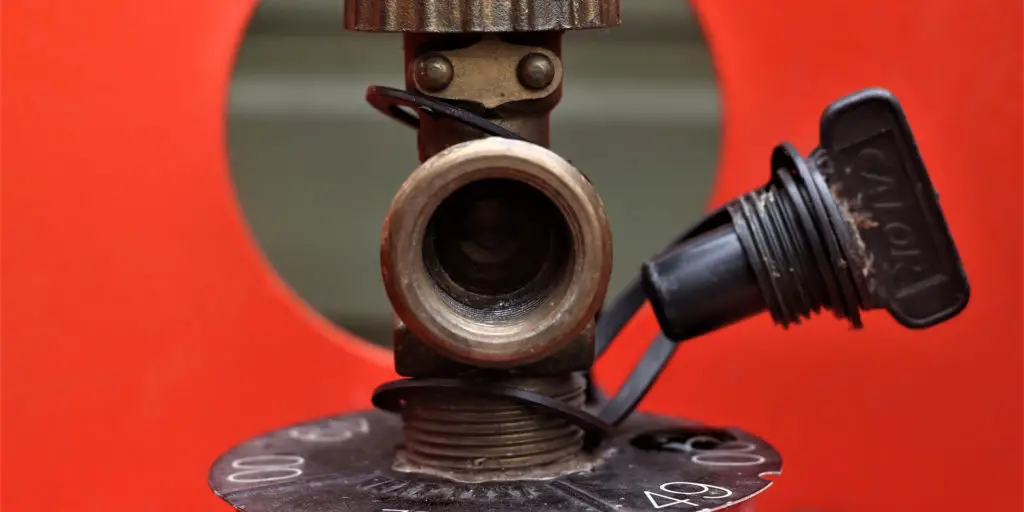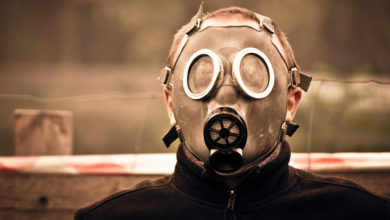There are a lot of things to take into consideration when designing or redesigning your home’s heating system – efficiency, price, installation, upkeep, environmental concerns, and more. There are also a lot of options to go for such as propane gas, natural gas, heating oil, electricity, and others. Add to that all the personal preferences you need to take into account and the decision becomes all the more complicated.
To help simplify things, let’s go over the pros and cons of propane – one of the most popular methods for heating a home. The propane heat pros and cons are quite numerous and address only this type of gas and not any of the others, but, hopefully, they will give you enough information in at least this one direction.
Advantages of propane gas heat
It’s safe
Propane gas is non-toxic which makes it one of the safer options out there. This means that you can safely have your propane tanks buried underground and that propane gas leaks are much less hazardous than natural gas leaks. It also means that propane gas furnaces require much less maintenance.
It burns clean
Being non-toxic also means being clean. This is great not only for your family’s and your home’s safety but for your surroundings and environment as well. Of course, propane is still not the most environmentally-friendly heating method out there, but it surpasses other similar methods such as heating oil or natural gas.
It’s a single fuel source for the entire house
When heating your home on propane you can easily run all your appliances on it as well. This means that you can skip the electrical stove or the water heater – one propane tank can easily cover all these functions. This makes propane gas heating much easier to manage and can save you a lot of money or less efficient and more expensive electrical options for your home’s appliances. This can also lead to a sort of a con in the sense that you “put all your eggs into one propane-fueled-basket” but we’re listing it like a pro with the assumption that you’ll be keeping your propane tank in a good condition anyway.
Large propane tanks can last for a long time
A large propane tank can hold up to 1,000 gallons of gas. That’s a lot. And what this means is that you’ll need to order fuel much less frequently. This won’t just save you time and effort but it can also save you money – because you’ll have to order new propane rarely, you can pick and choose the best time for delivery based on the ever-fluctuating prices. Simply put – you can fill up your tank when the gas is cheap instead of being forced to refuel frequently regarding the price.
Disadvantages of propane gas heat
 Propane is weaker than oil
Propane is weaker than oil
Unfortunately, the cons of propane are not insignificant either. The first is that propane gas simply produces less BTUs (British thermal units) per gallon than oil. This con largely offsets the cheaper price of propane compared to oil which is why we didn’t mention the lower price like a pro. In fact, in most situations, propane will end up being more expensive than oil because of how much of it you’ll need to use. Still, that depends on the exact situation and prices in your region. That’s also why it’s important to always buy propane when you can get a good deal on it.
The initial installation price is quite hefty
Another pricey con lies in the installation of a propane gas tank and system. Switching to propane gas form another heating system is not really a DIY project – it requires professional installation and quite a lot of work.
There are high maintenance/renting fees
The maintenance of a propane tank is also quite costly – you’ll need to do regular inspections, to fix leaks and corrosion, as well as to replace the tank and other of the system’s components whenever necessary. And if you don’t own the system but you’re simply renting it – you’ll usually be asked to pay quite a hefty rent for it.
In conclusion
Propane gas heating systems can be costly both initially and over time. However, they also offer a very clean, safe, and effective heating that can be utilized easily all throughout your home.

 Propane is weaker than oil
Propane is weaker than oil



